

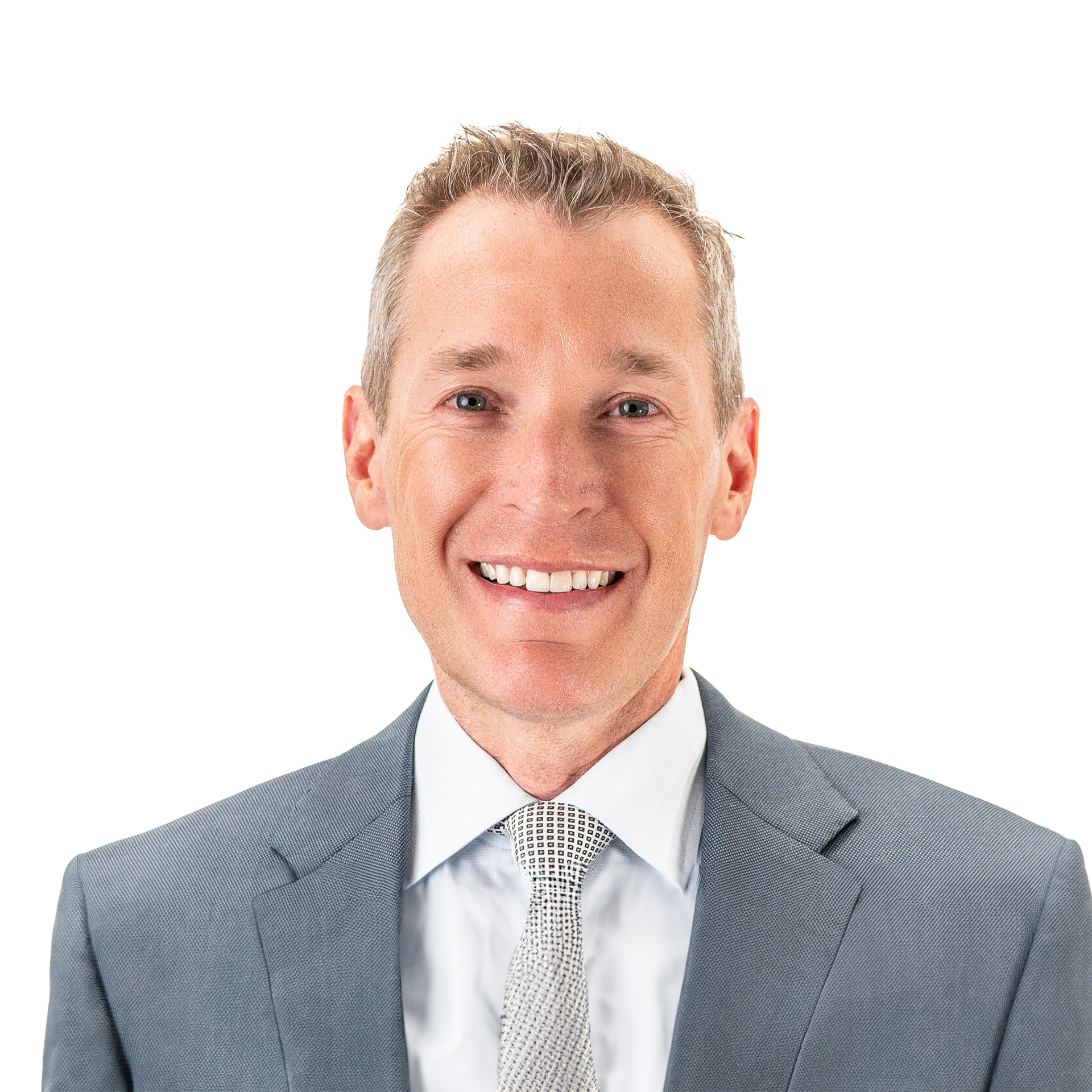



Kyle O'Dell
Founder/CEO
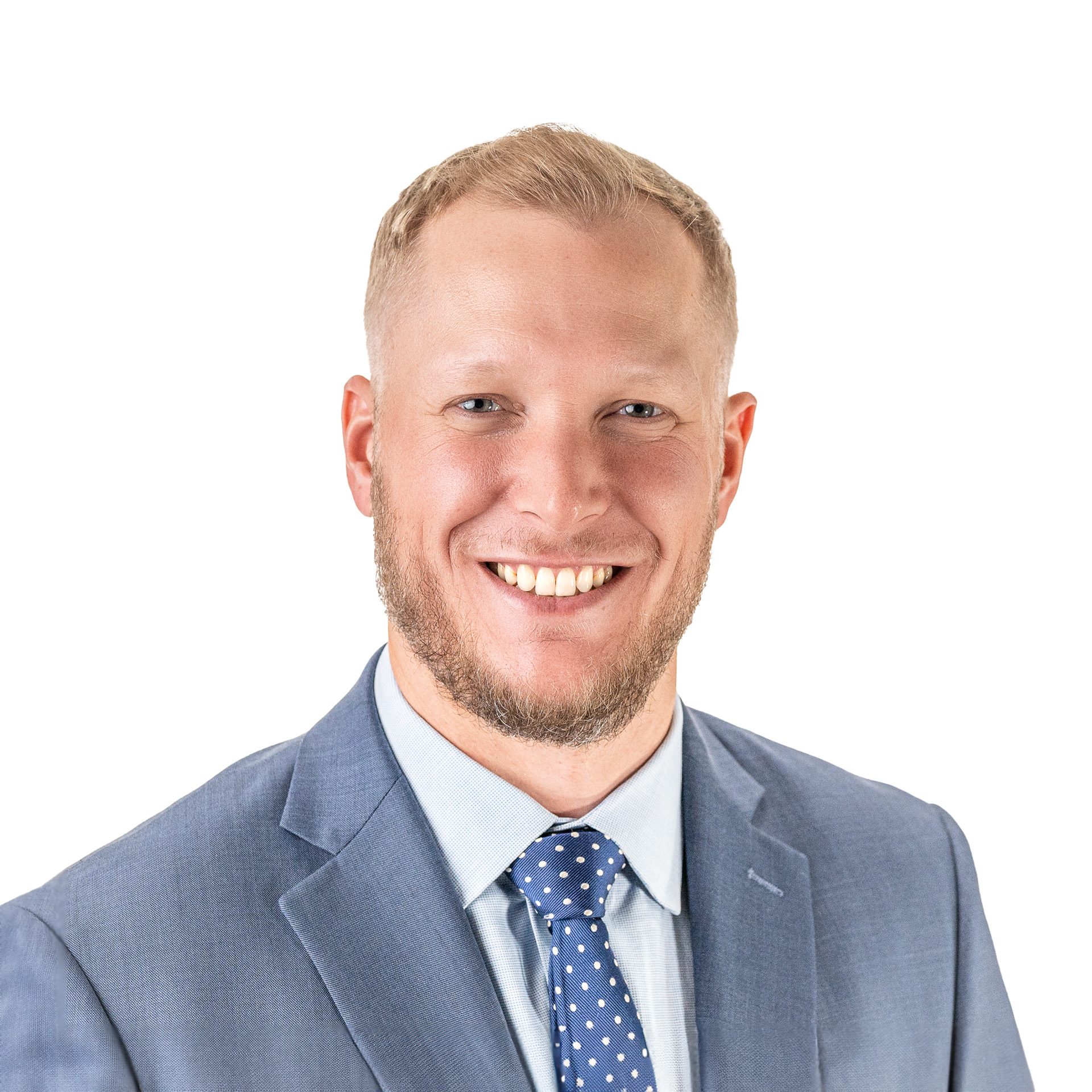


Kyle Gerken
Financial Advisor
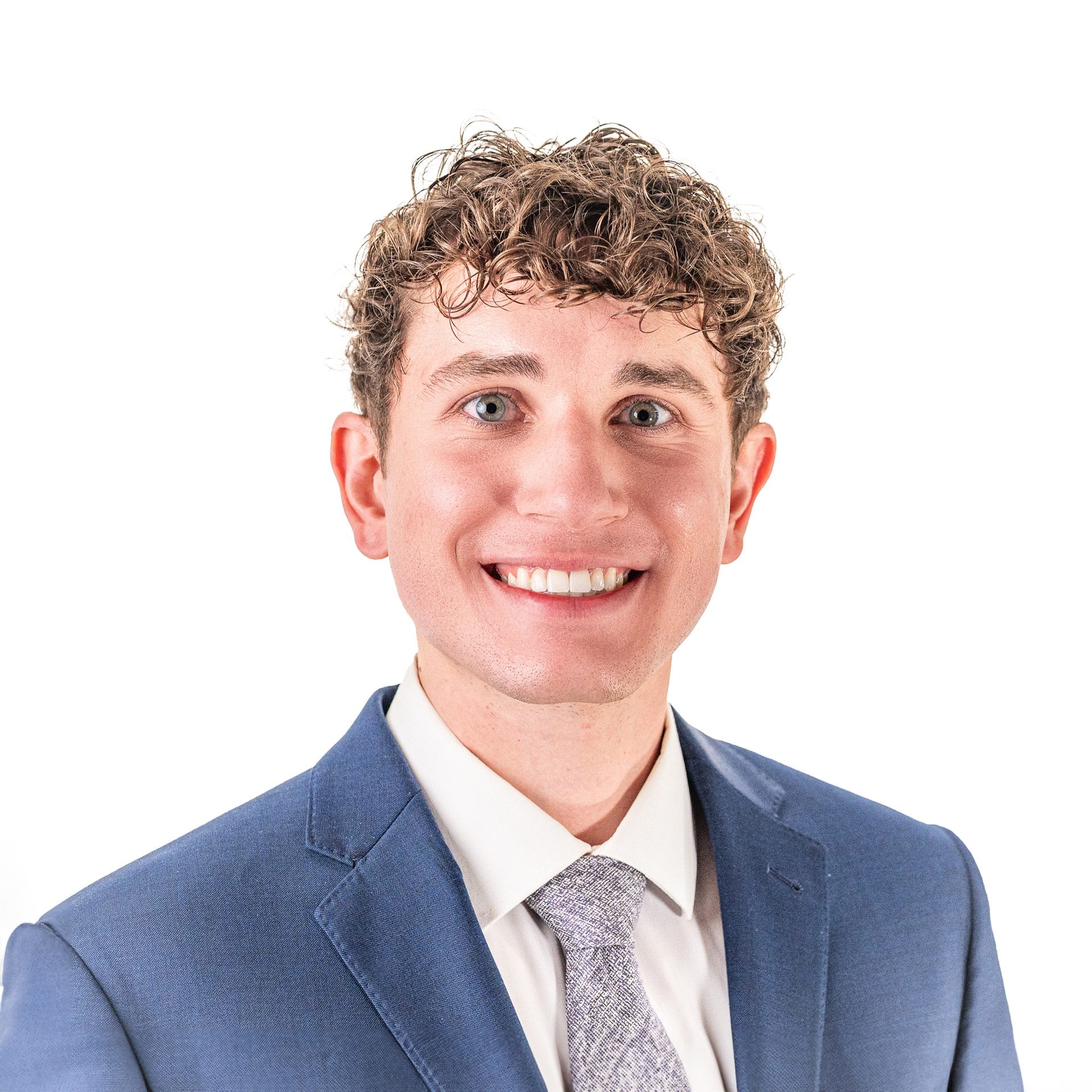


Jerad Daniels
Financial Advisor
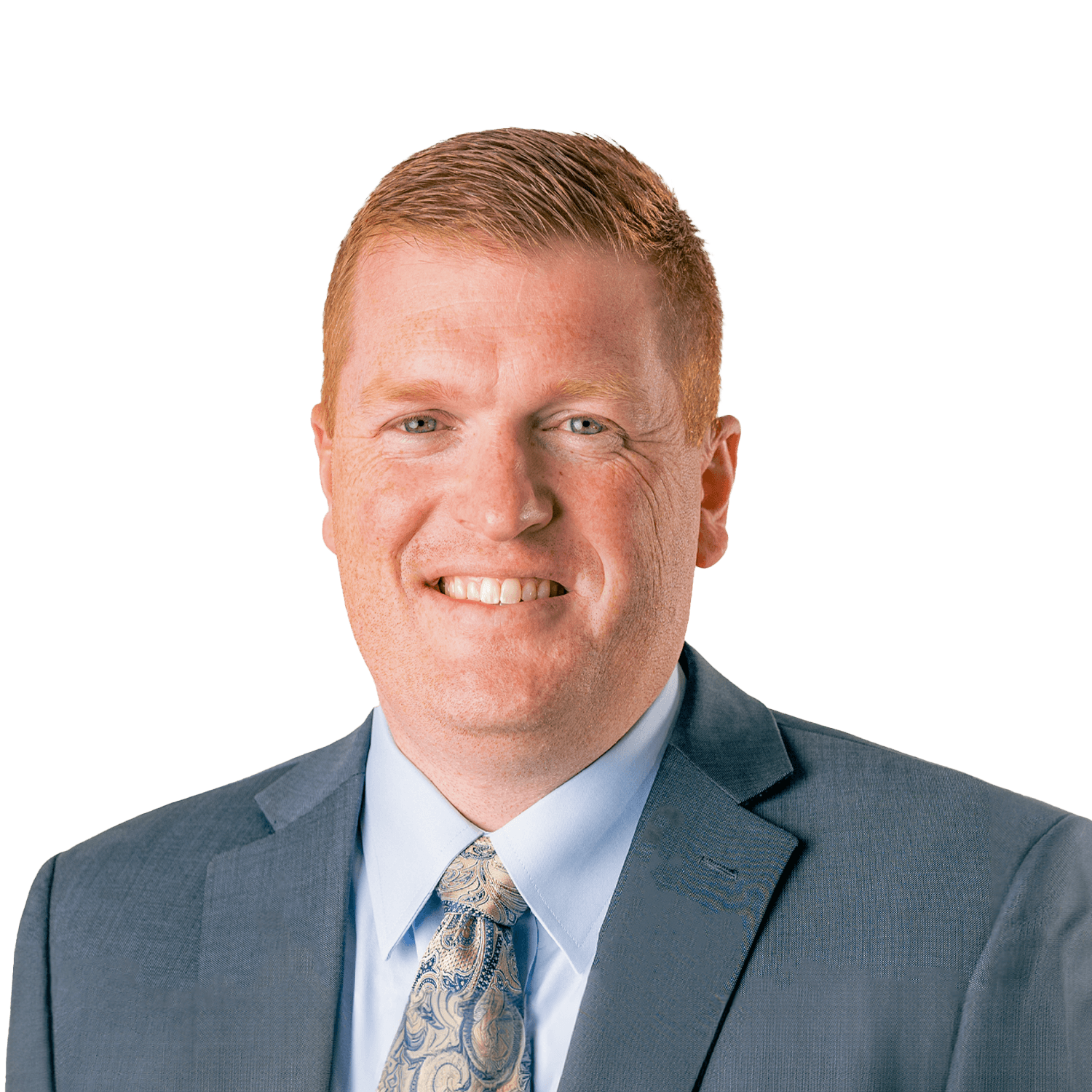


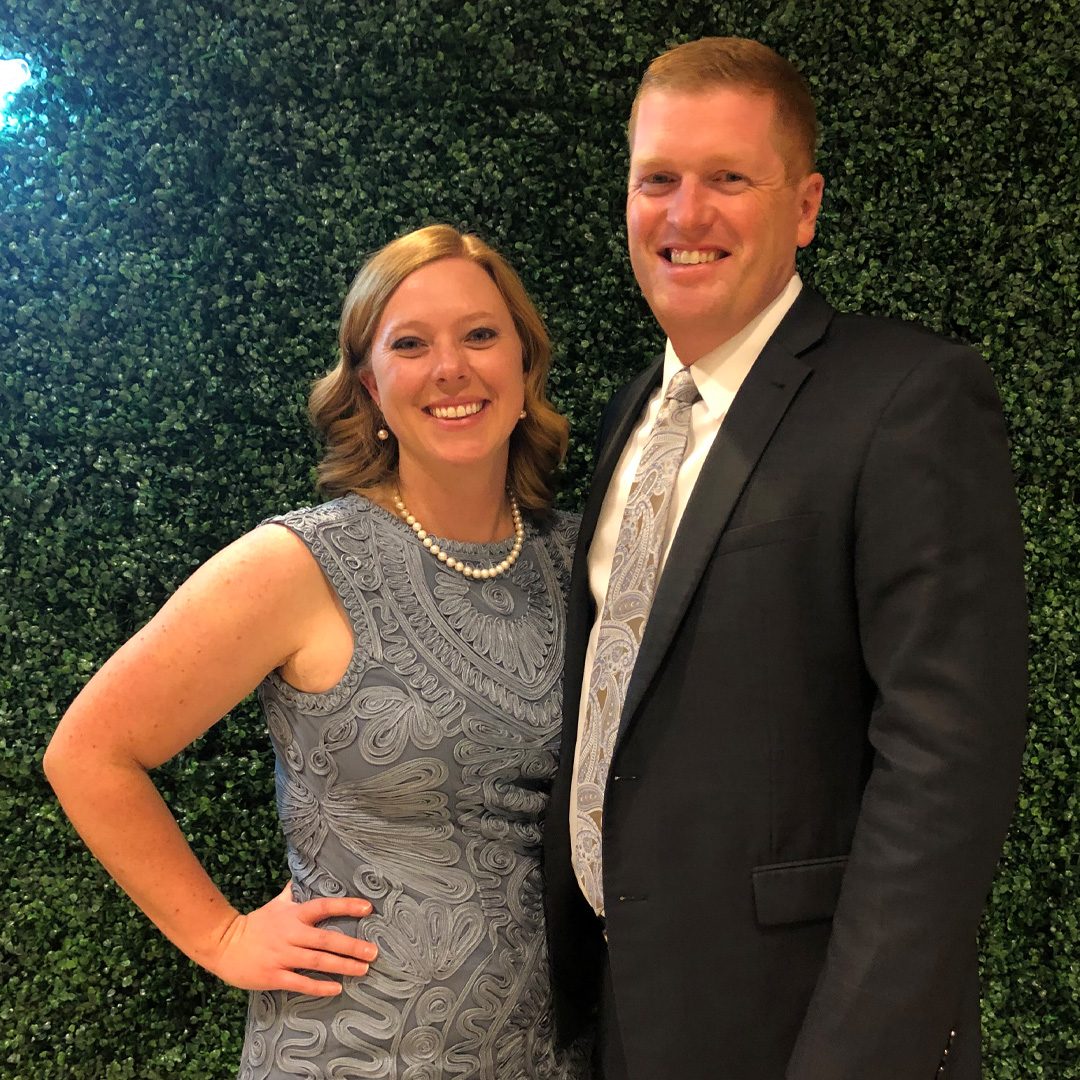
Tyler O'Dell
Financial Advisor
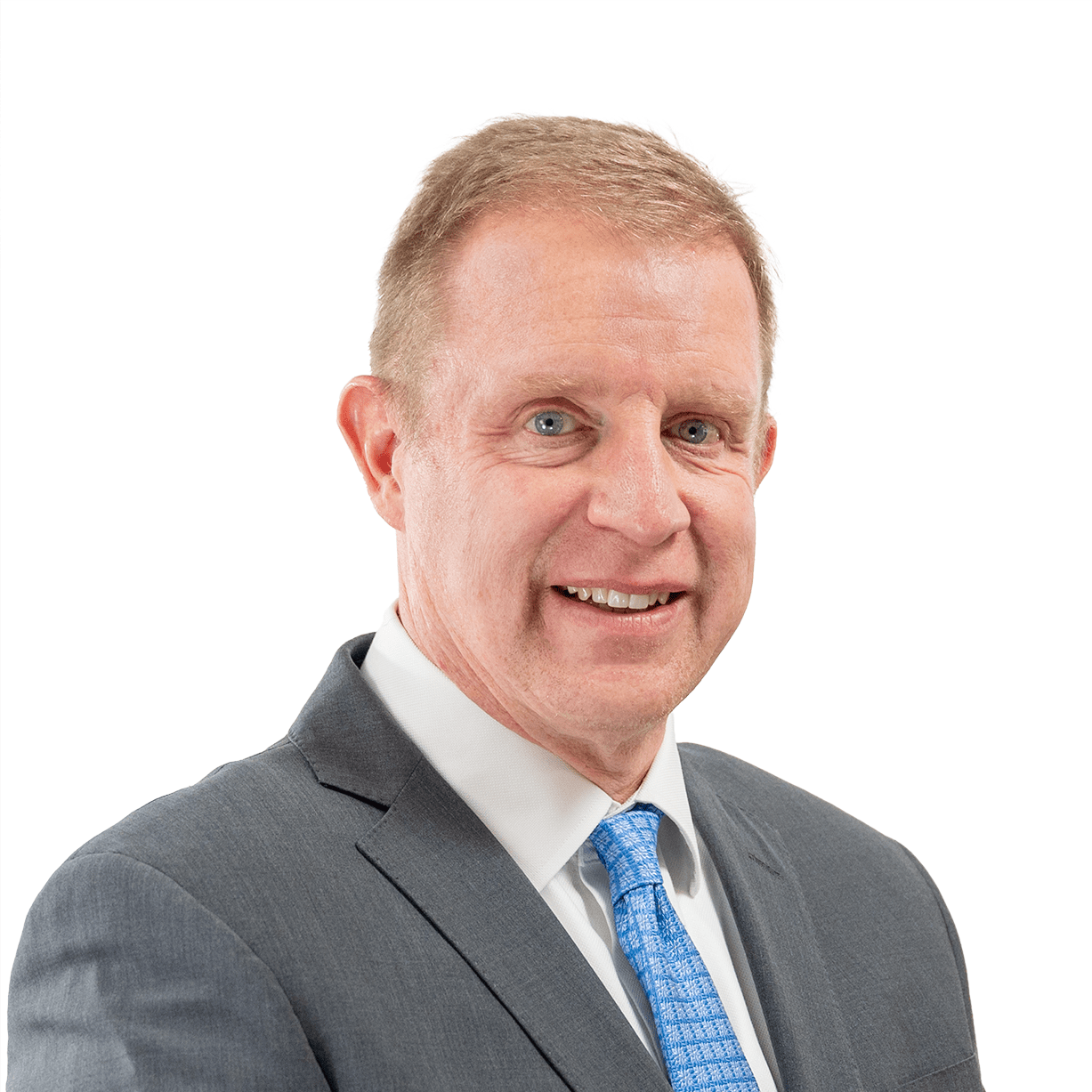
Chip Von Eiff
Director of Financial Planning






Rob Foss
Chief Investment Officer
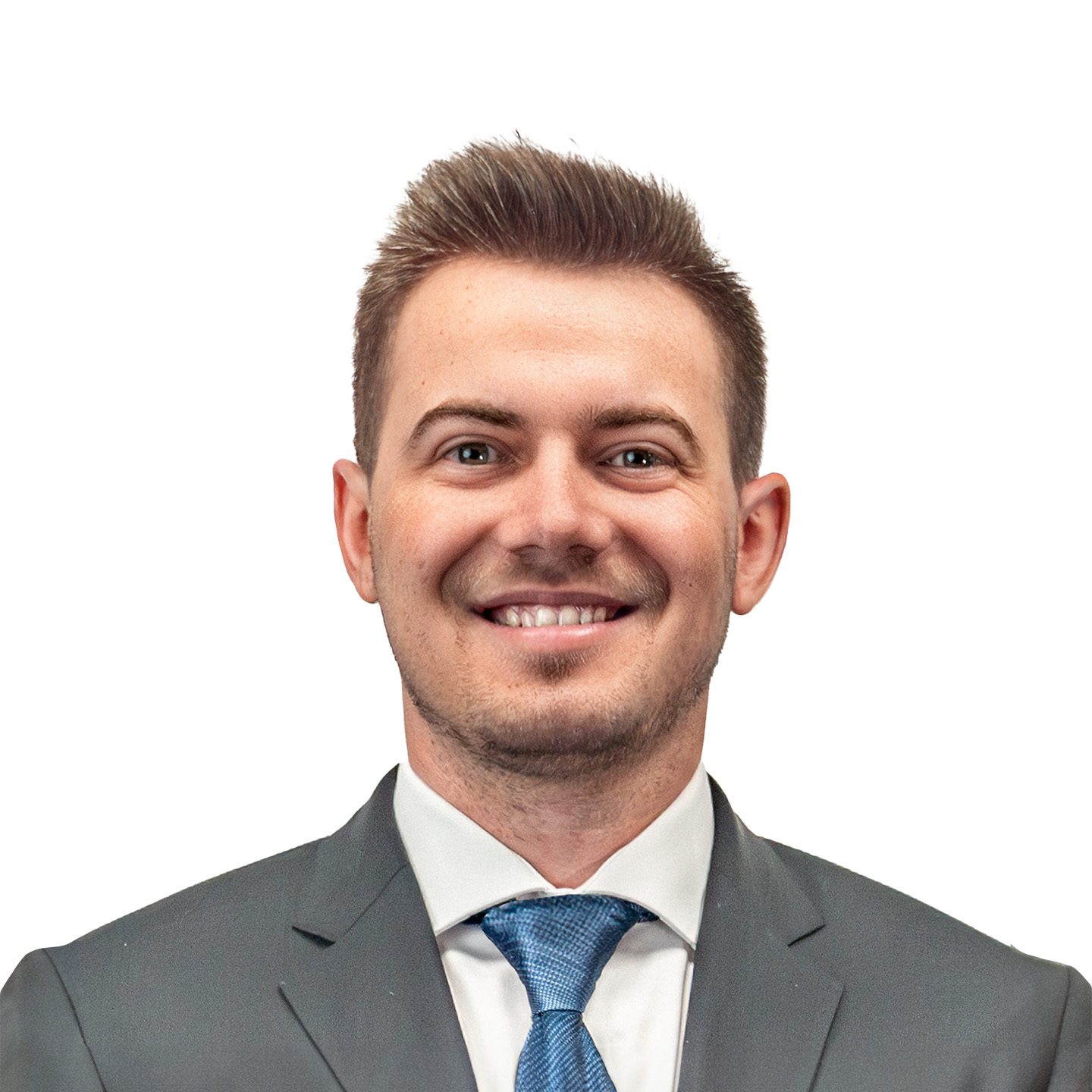
Pierce Aichinger
Lead Analyst






Danielle Sanders
Director of Client Service
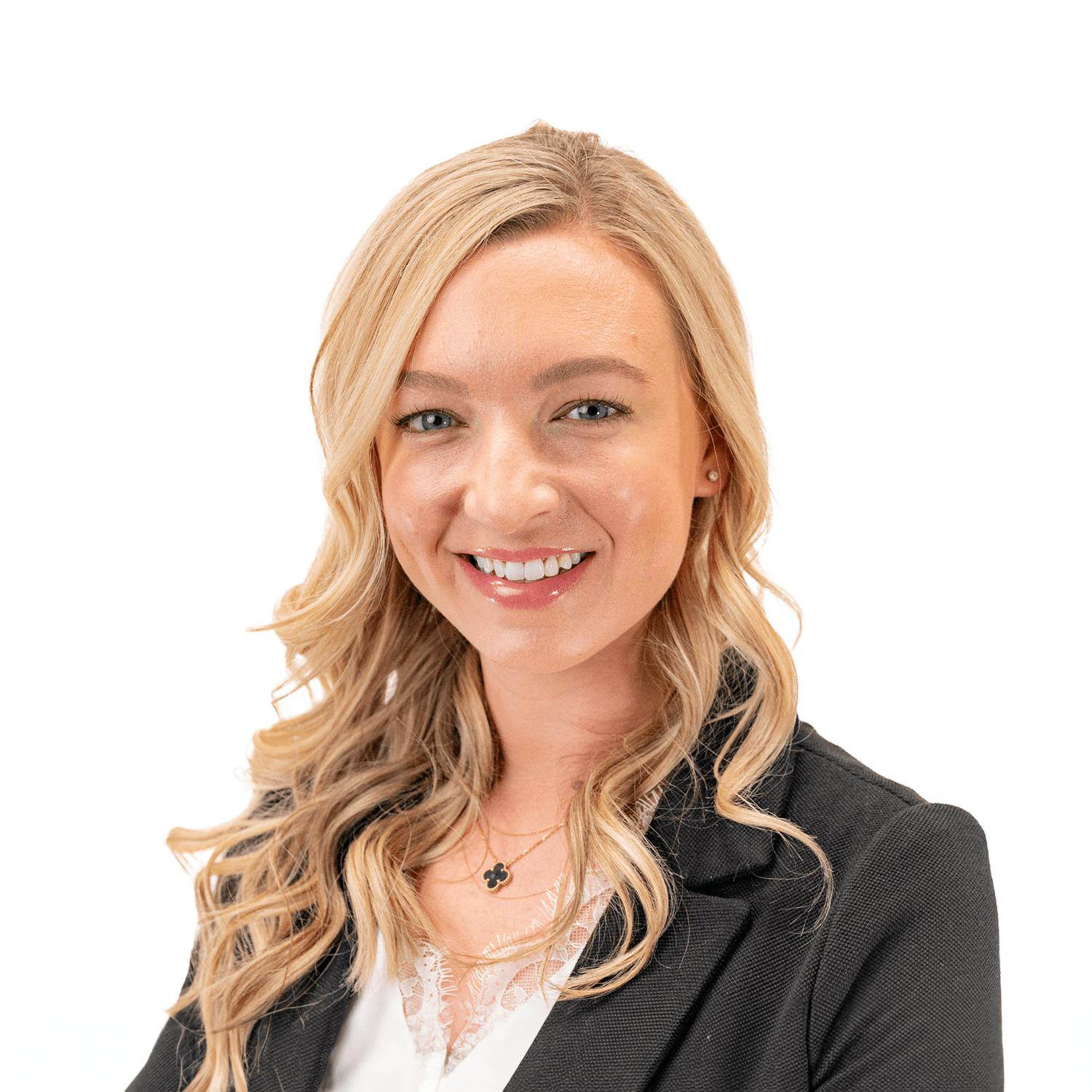



Kelley O'Dell
Client Service
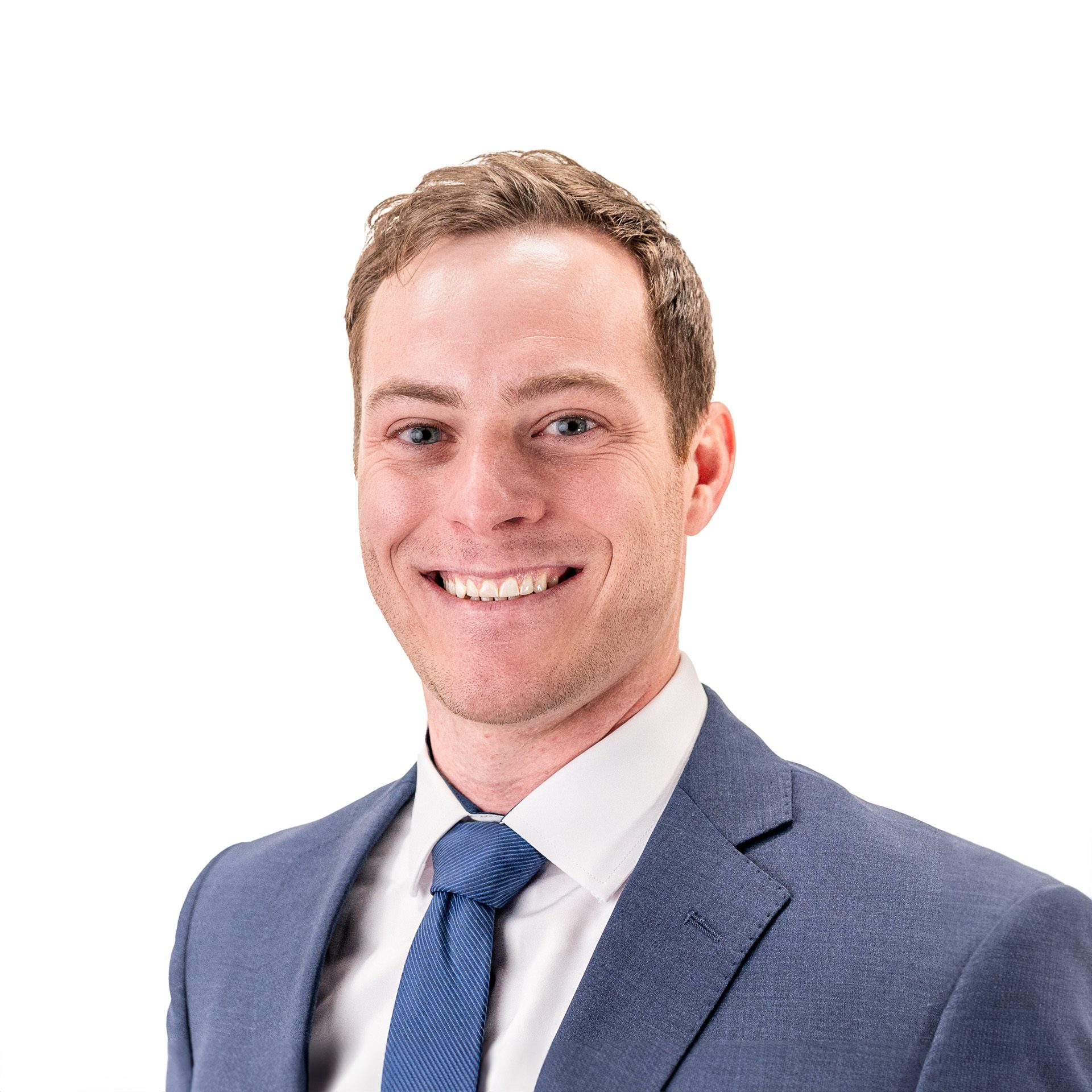
Chase Adler
Director of Operations




Kristina Figueroa
Client Service
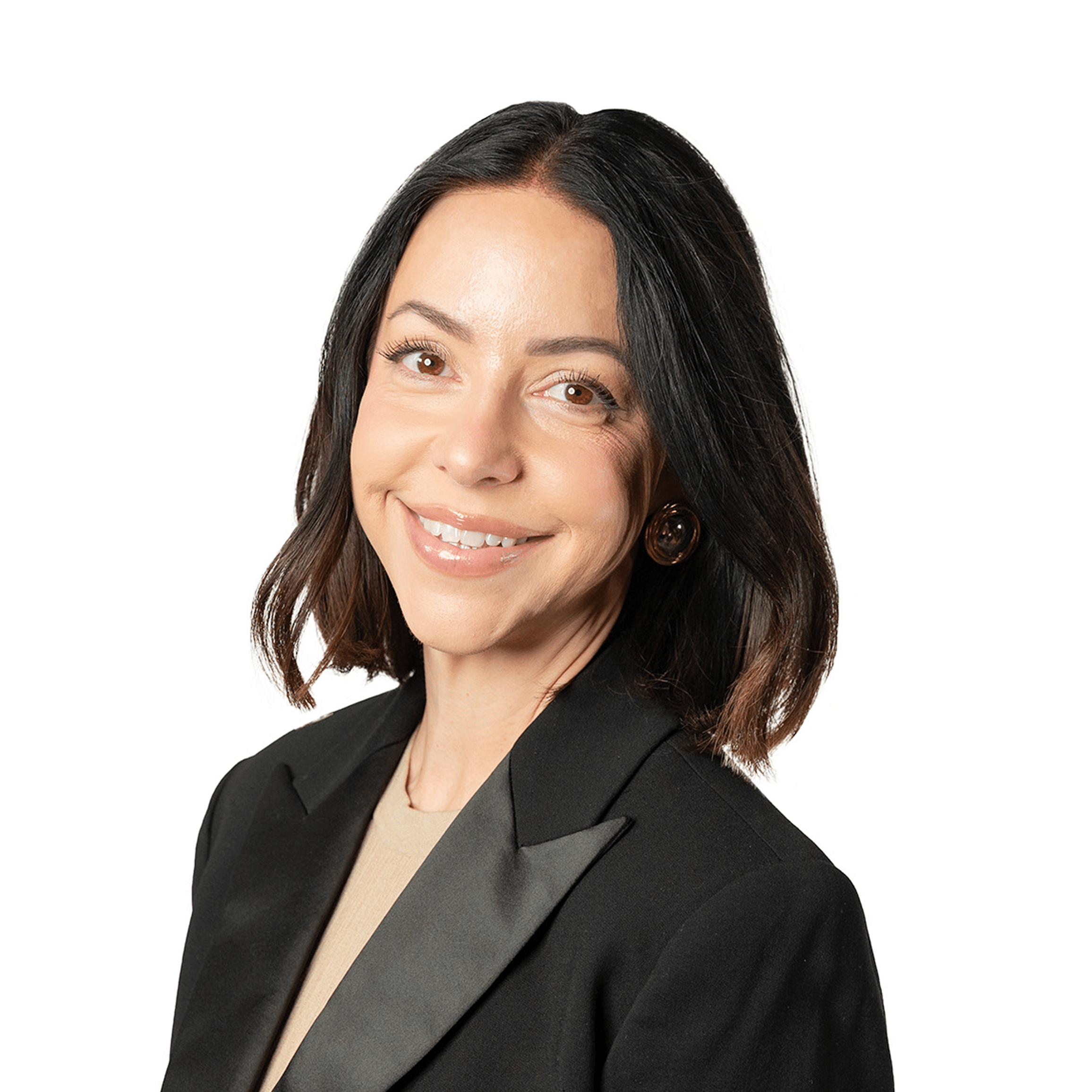
Danielle Hage
Client Service


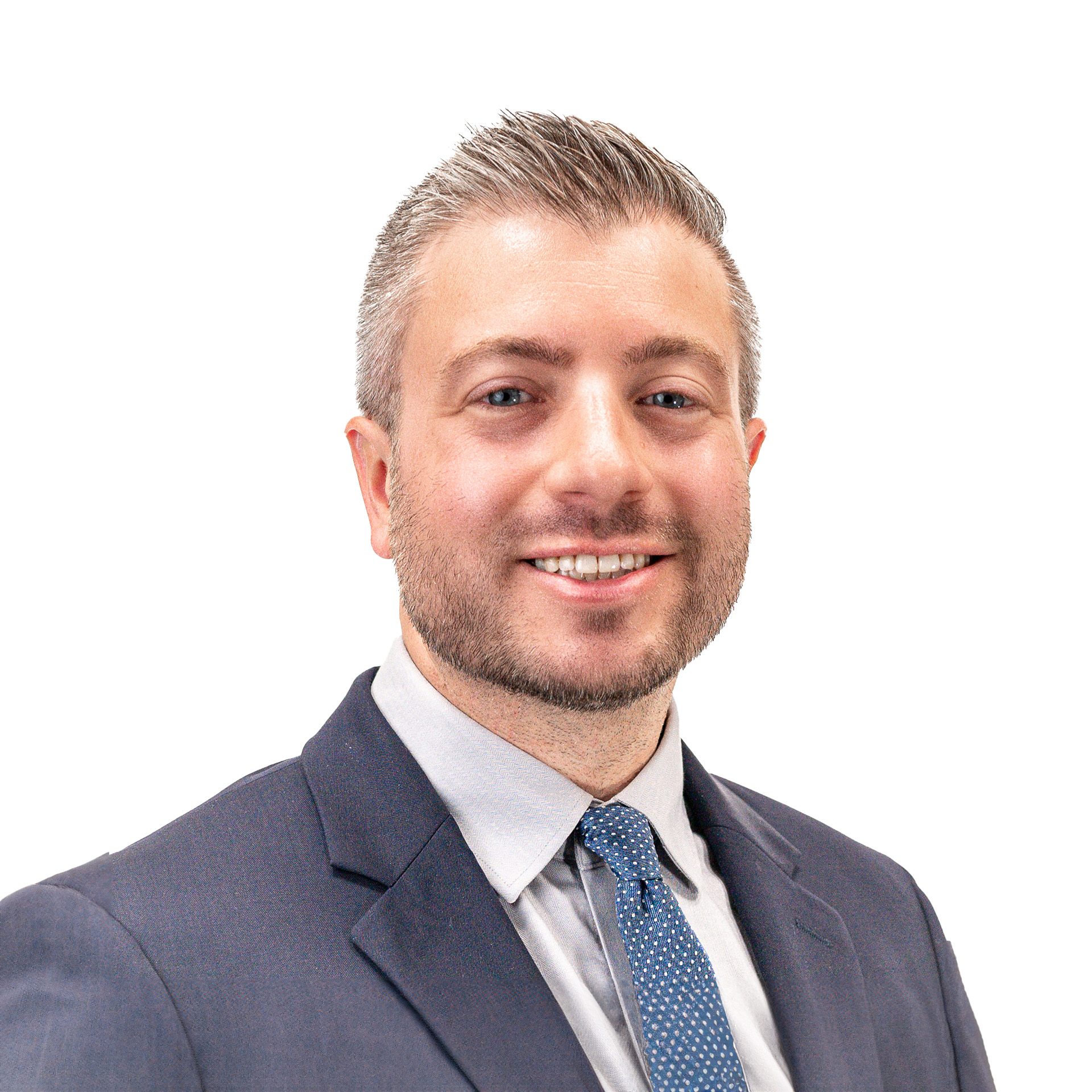


Ryan Murphy
Director of Marketing
The CERTIFIED FINANCIAL PLANNER™, CFP® and federally registered CFP (with flame design) marks (collectively, the “CFP® marks”) are professional certification marks granted in the United States by Certified Financial Planner Board of Standards, Inc. (“CFP Board”).
The CFP® certification is a voluntary certification; no federal or state law or regulation requires financial planners to hold CFP® certification. It is recognized in the United States and a number of other countries for its (1) high standard of professional education; (2) stringent code of conduct and standards of practice; and (3) ethical requirements that govern professional engagements with Clients. Currently, more than 85,000 individuals have obtained CFP® certification in the United States.
To attain the right to use the CFP® marks, an individual must satisfactorily fulfill the following requirements:
- Education: Complete an advanced college-level course of study addressing the financial planning subject areas that CFP Board’s studies have determined as necessary for the competent and professional delivery of financial planning services, or attain a bachelor’s degree from a regionally accredited United States college or university (or its equivalent from a foreign university). CFP Board’s financial planning subject areas include insurance planning and risk management, employee benefits planning, investment planning, income tax planning, retirement planning, and estate planning;
- Examination: Pass the comprehensive CFP® Certification Examination. The examination, administered in 6 hours over a one-day period, includes case studies and Client scenarios designed to test one’s ability to correctly diagnose financial planning issues and apply one’s knowledge of financial planning to real world circumstances;
- Experience: Complete at least three years of full-time financial planning- related experience (or the equivalent, measured as 2,000 hours per year); and
- Ethics: Agree to be bound by CFP Board’s Standards of Professional Conduct, a set of documents outlining the ethical and practice standards for CFP® professionals.
Individuals who become certified must complete the following ongoing education and ethics requirements in order to maintain the right to continue to use the CFP® marks:
- Continuing Education: Complete 30 hours of continuing education hours every two years, including two hours on the Code of Ethics and other parts of the Standards of Professional Conduct, to maintain competence and keep up with developments in the financial planning field; and
- Ethics: Renew an agreement to be bound by the Standards of Professional Conduct.
The Standards prominently require that CFP® professionals provide financial planning services at a fiduciary standard of care. This means CFP® professionals must provide financial planning services in the best interests of their Clients.
CFP® professionals who fail to comply with the above standards and requirements may be subject to CFP Board’s enforcement process, which could result in suspension or permanent revocation of their CFP® certification.
The Certified Wealth Strategist® is a certification for professionals working in the affluent and high-net-worth retail market segments in the financial services industry. It is based on an established set of industry-wide competencies that cover the concepts, rules, regulations, laws, and standard operating procedures that the candidate should be proficient in affluent and high-net-worth retail market segments.
The Certified Wealth Strategist® is a certification for professionals working in the affluent and high-net-worth retail market segments in the financial services industry. It is based on an established set of industry-wide competencies that cover the concepts, rules, regulations, laws, and standard operating procedures that the candidate should be proficient in affluent and high-net-worth retail market segments.
Qualifications to apply for CWS®
- Three years of industry experience and a four-year degree from an accredited college or university; or
- Five years of industry experience
Requirements to earn the CWS®
- Complete Cannon Financial Institute's Certified Wealth Strategist® Program of Study
- Complete the CWS® application
- Agree and sign the CWS® Professional Ethics and Code of Conduct Standards
- Pay the CWS® exam fee
- Pass the CWS® exam
Certified Exit Planning Advisor (CEPA®) are professional certification marks granted by the Exit Planning Institute. Participants who successfully complete the CEPA program and pass the closed book proctored exam receive the Certified Exit Planning Advisor (CEPA) credential and earn up to 34 continuing education credits with twelve major professional associations.
THE CHARTERED FINANCIAL ANALYST (CFA) charter is a globally respected, graduate level investment credential established in 1962 and awarded by CFA Institute — the largest global association of investment professionals. There are currently more than 138,000 CFA charterholders working in 134 countries. To earn the CFA charter, candidates must:
1) pass three sequential, six-hour examinations;
2) Have at least four years of qualified professional investment experience;
3) join CFA Institute as members; and
4) commit to abide by, and annually reaffirm, their adherence to the CFA Institute Code of Ethics and
Standards of Professional Conduct.
HIGH ETHICAL STANDARDS
The CFA Institute Code of Ethics and Standards of Professional Conduct, enforced through an active
professional conduct program, require CFA charterholders to:
• Place their clients’ interests ahead of their own
• Maintain independence and objectivity
• Act with integrity
• Maintain and improve their professional competence
• Disclose conflicts of interest and legal matters
GLOBAL RECOGNITION
Passing the three CFA exams is a difficult feat that requires extensive study (successful candidates report spending an average of 300 hours of study per level). Earning the CFA charter demonstrates mastery of many of the advanced skills needed for investment analysis and decision making in today’s quickly evolving global financial industry. As a result, employers and clients are increasingly seeking CFA charterholders—often making the charter a prerequisite for employment. Additionally, regulatory bodies in over 30 countries and territories recognize the CFA charter as a proxy for meeting certain licensing requirements, and more than 125 colleges and universities around the world have incorporated a majority of the CFA Program curriculum into their own finance courses.
COMPREHENSIVE AND CURRENT KNOWLEDGE
The CFA Program curriculum provides a comprehensive framework of knowledge for investment decision making and is firmly grounded in the knowledge and skills used every day in the investment profession. The three levels of the CFA Program test a proficiency with a wide range of fundamental and advanced investment topics, including ethical and professional standards, fixed-income and equity analysis, alternative and derivative investments, economics, financial reporting standards, portfolio management, and wealth planning. The CFA Program curriculum is updated every year by experts from around the world to ensure that candidates learn the most relevant and practical new tools, ideas, and investment and wealth management skills to reflect the dynamic and complex nature of the profession.
To learn more about the CFA charter, visit www.cfainstitute.org.
We do things differently.
The wealth management experience shouldn't just be an account number or a stock portfolio. At EdgeRock we build financial plans unique to every client, and that means knowing what's important to you. We want to know your aspirations, pastimes—understand the lives you aim to impact.
As Seen Or Heard On:



Ready to Take The Next Step?
For more information about any of the products and services we provide, schedule a meeting today.
Or give us a call at (303) 780-7350
